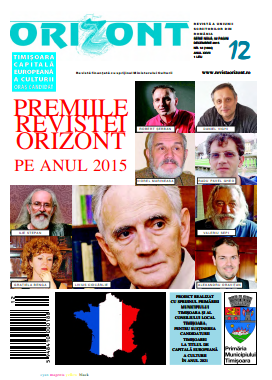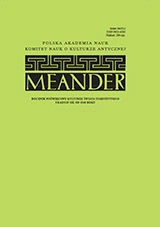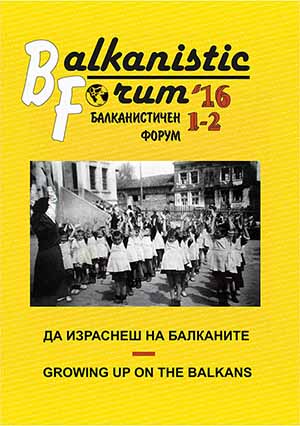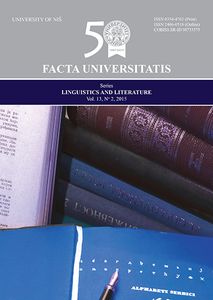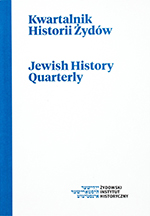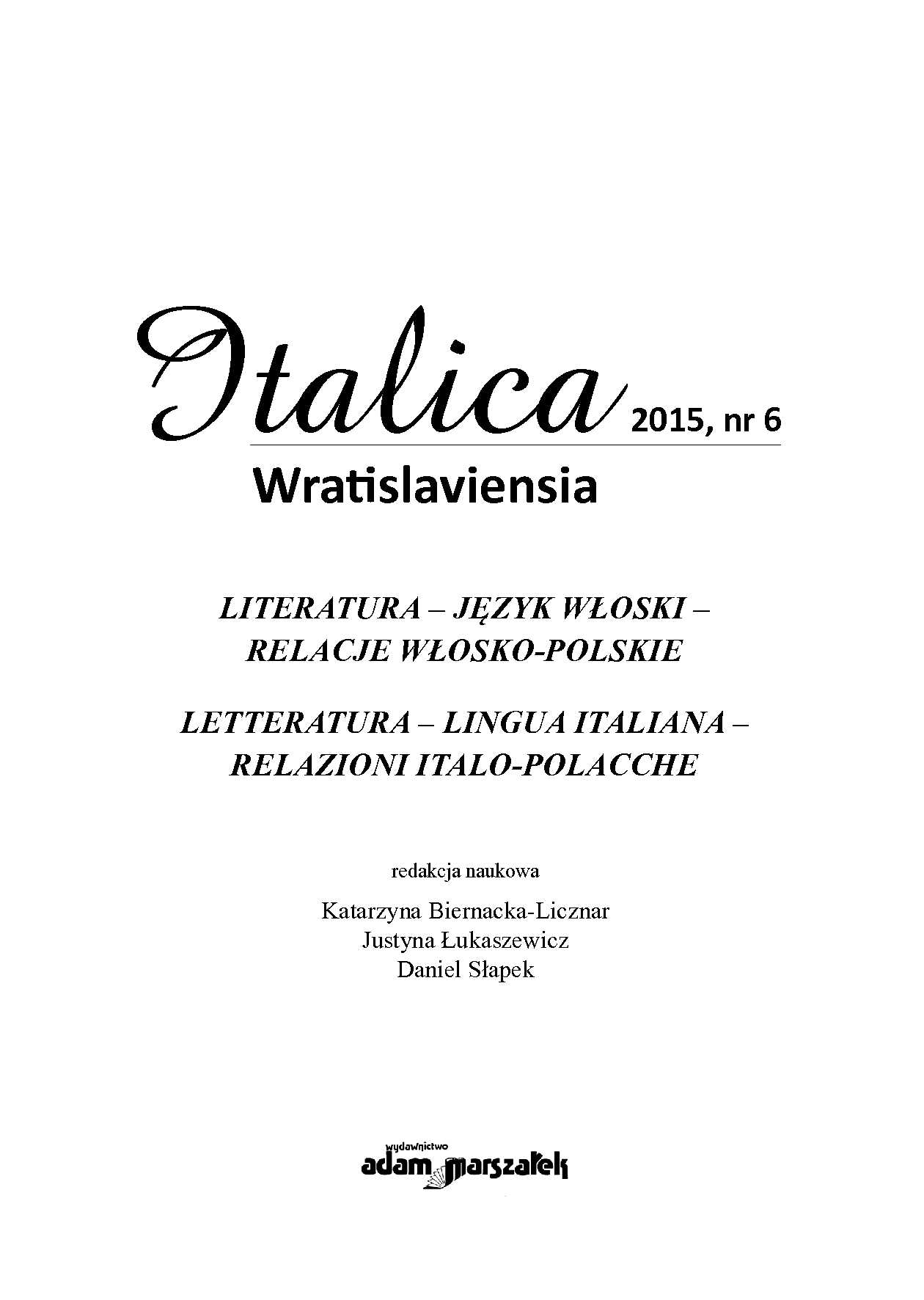THE FUNCTIONING MECHANISM OF ATTRIBUTIVE METONYMY IN ENGLISH FICTIONAL DISCOURSE
This paper deals with discursive attributive metonymy. This linguistic phenomenon is clearly opposed to lexical metonymy as it occurs only in discourse and as such has some distinguishing features: non-frequency, denotation of a situation, semantic discord between the modifier and the modified noun and expressiveness. This research attempts to provide a comprehensive analysis of the functioning mechanism of discursive attributive metonymy. The findings reveal that metonymic transferences in adjectives are based on different types of contiguity between objects and their attributes and in some cases such contiguity is contextually determined. The functioning mechanism involves asymmetric relations between syntactic and semantic functions of an attribute and a syntagmatic shift. Also, in attributive metonymy there is recategorization, i.e. adjectives sometimes change their lexico-grammatical class. In terms of cognitive linguistics, the functioning mechanism is based on the mapping of different mental spaces resulting in conceptual integration and blending. In fictional discourse attributive metonymy is a means to create new occasional meanings and expressiveness.
More...
